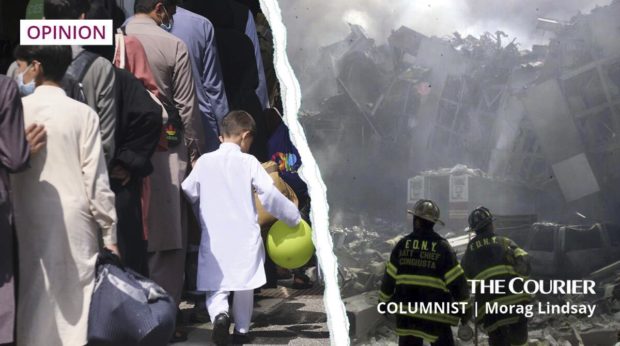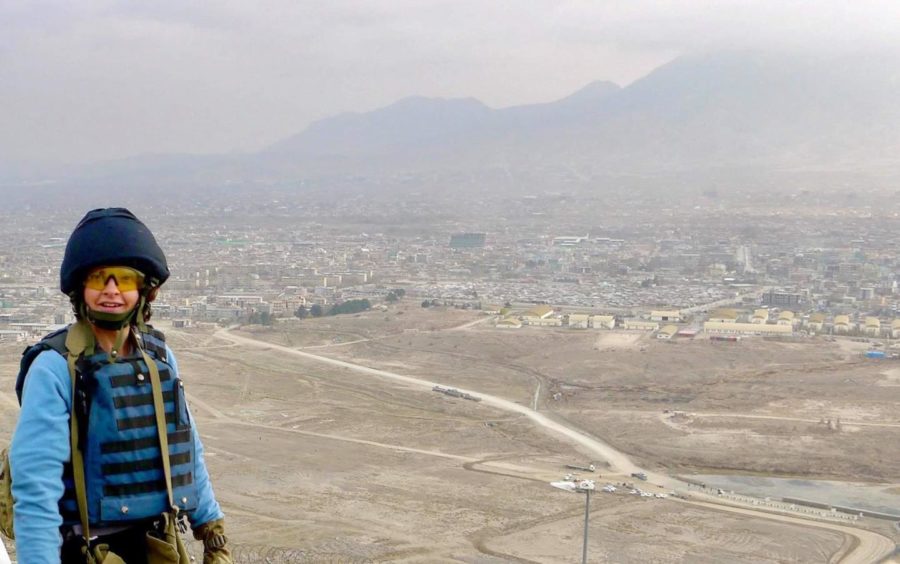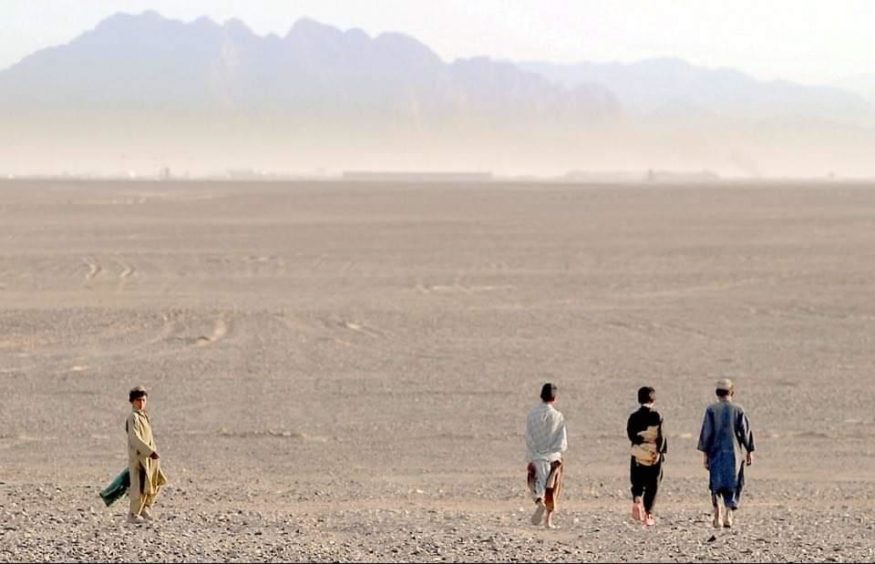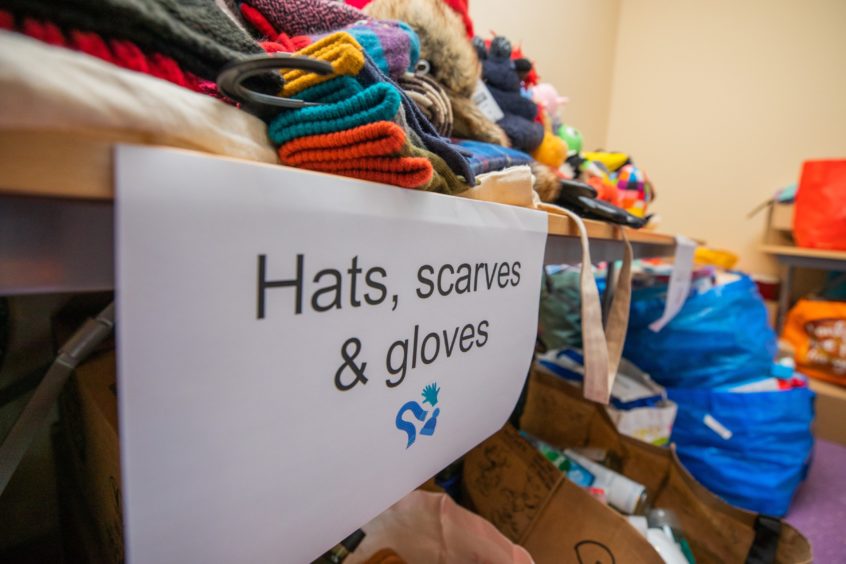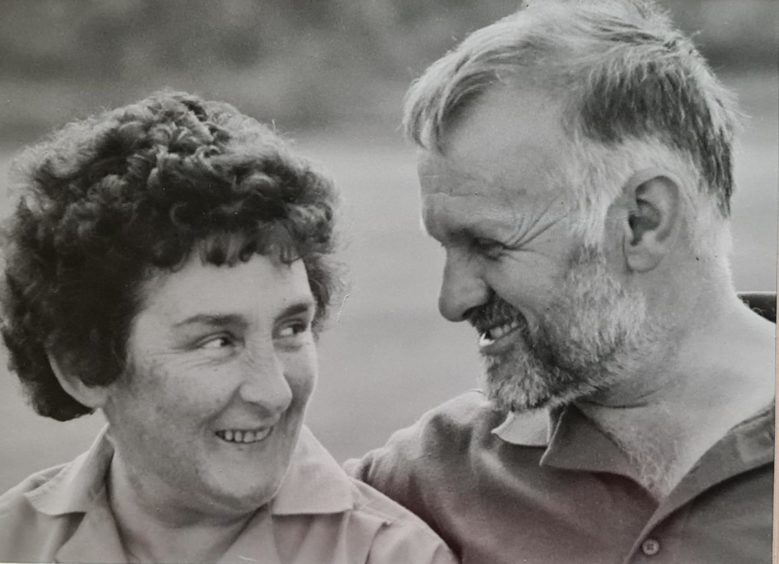Before September 11 became everyone’s anniversary, it belonged to my parents.
They’ll have been married for 56 years on Saturday.
So it’s not one of those special anniversaries – the ones with a zero at the end. But it’s still something worth celebrating.
That’s what anniversaries are for isn’t it? Marking the time as it races past you. Reflecting on all that’s changed and everything that’s still the same.
Without anniversaries, the years turn into decades.
Husbands forget to bring home flowers. (Don’t even think about it, Dad.)
And before you know it you’re a wizened old crone bashing out a column on a laptop in her spare room, scarcely believing you learned how to do this on a typewriter in an office thick with cigarette smoke after a lunchtime in the pub.
(Journalism in the 1980s was bad for our health but so much more fun.)
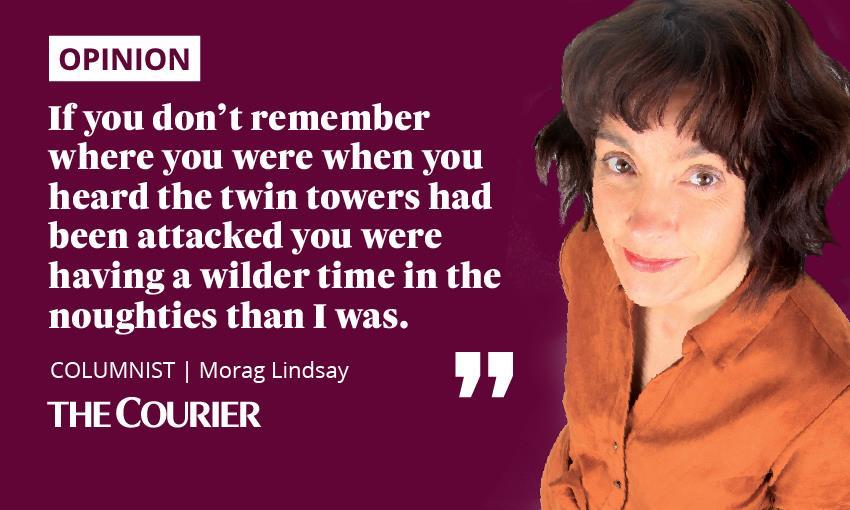
September 11 though.
When a date becomes shorthand for the thing that happened you know it’s serious.
And when the 20th anniversary of that thing rolls around. Well that’s worth noting.
Some people say September 11 2001 was the day the 21st century really began.
Others call it our Kennedy moment.
Certainly if you don’t remember where you were when you heard the twin towers had been attacked you were having a wilder time in the noughties than I was.
But I’m guessing your memories are of a moment like mine. As mundane as it’s unforgettable.
We crowded round the television in the office. Stunned and silent and a little bit afraid about what would happen next.
None of us tweeted about it. That wouldn’t be possible for another five years.
Nobody googled ‘how tall World Trade Centre’. We might have had the internet – I think we still had one shared email address for the whole company – but none of us knew what to do with it.
We all sensed we were living through an event we’d still be talking about in 20 years though.
Assuming this wasn’t actually how the world ended.
September 11 fallout is still being felt
A lot has happened in 20 years. And here we are. Still talking about it.
If not the terrorist attacks themselves, then certainly their consequences.
I marched against the invasion of Iraq in 2003. Then I went there a few years later to report on what Scottish troops were doing.
We’d moved on from bombs and guns to hearts and minds by that point but it turns out it was only ever a sideshow to Afghanistan.
I went there too. Twice.
Bin Laden was dead by then. America got the al Qaeda mastermind for its 10th anniversary in 2011.
But the war, as we know, was far from over.
We lay flat on the floor during Taliban rocket attacks while I prayed my parents would never find out.
Squaddies on patrol pointed out rusty 1970s tanks left behind by the Russians and officers showed us paintings depicting Britain’s misadventures 100 years before.
Last month I watched the fall of Kabul with a sinking feeling, and wondered which side the little boys we met are on now.
I’ve read and listened to a lot of smarter people than me talking about the consequences of September 11 recently.
When they’re asked what September 11 meant for America and the world the answers range from not a lot to everything.
There are practical measures – at airport security and elsewhere in our daily lives – that we don’t give a second thought to any more.
But the deadliest terror attack on American soil was never topped. It was not the declaration of a holy war. Their terrorists still tend to be of the homegrown variety.
One expert suggested the fear and suspicion which followed the tragedy did change America radically in the way Donald Trump weaponised division into an election-winning strategy.
Our lives changed here too
We saw similar mistrust on this side of the Atlantic.
You did not want to be a brown man with a backpack on public transport after September 11 2001.
And I wonder how Nigel Farage’s nasty Breaking Point billboards or Priti Patel’s anti-migrant policies at the Home Office would have hit the mark here if it hadn’t happened.
The social media that wasn’t there for us to post hot takes in 2001 hasn’t helped either.
Since the withdrawal from Afghanistan the refugee crisis has been staring us in the face.
There are people in communities across Tayside and Fife working to provide for families fleeing the only lives they’ve ever known with nothing but the clothes on their backs.
But you don’t have to dig too deep into the comments beneath our stories to realise there’s a lot of bile there too.
You don’t even have to look under stories about refugees. The armchair warriors can twist anything into an excuse for “whataboutery” if they are so inclined.
So this is what is bothering me on the anniversary of September 11.
And maybe I’m feeling soppy because there are two pensioners in Perthshire marking another anniversary that isn’t that special (but actually it is) on Saturday.
But I’d still like to hope it’s love, not hate, that triumphs when we observe September 11 in another 20 years time.
Because the alternative is conceding that the bad guys might have won.
